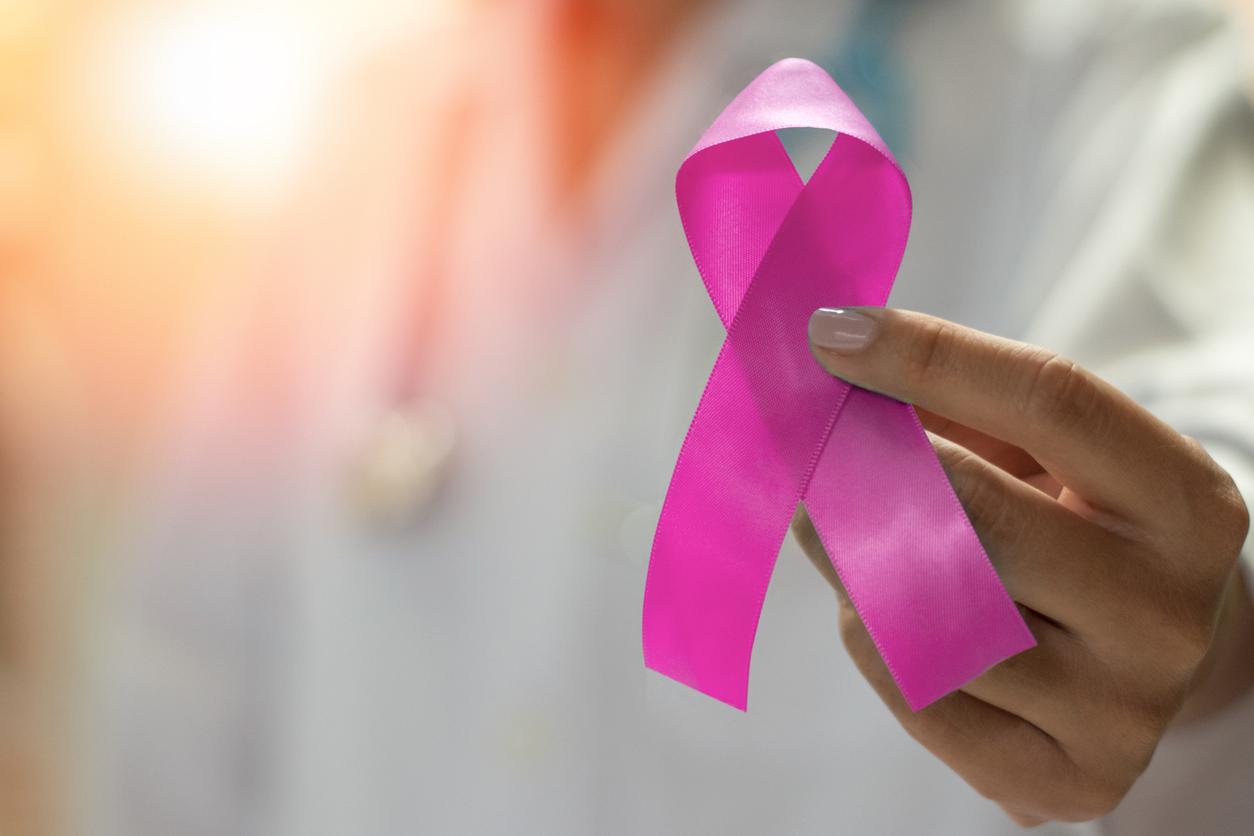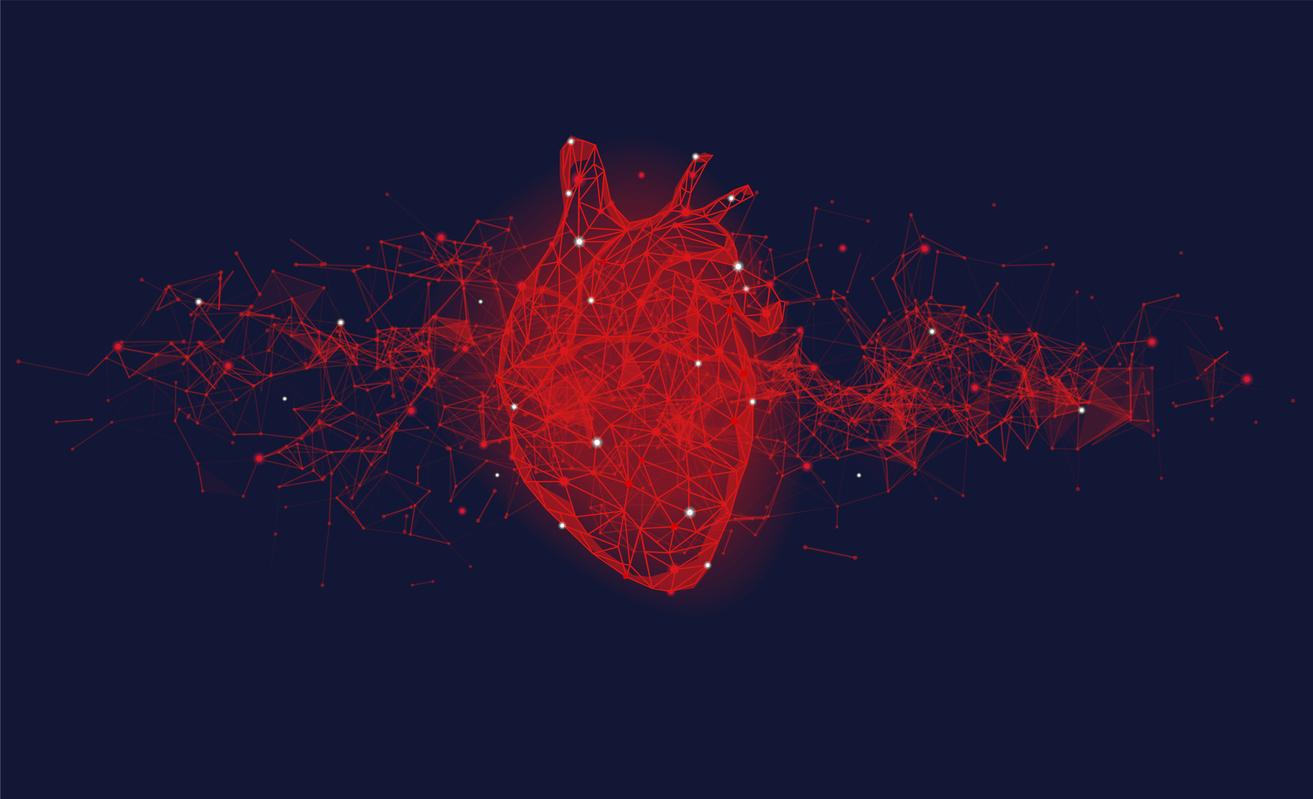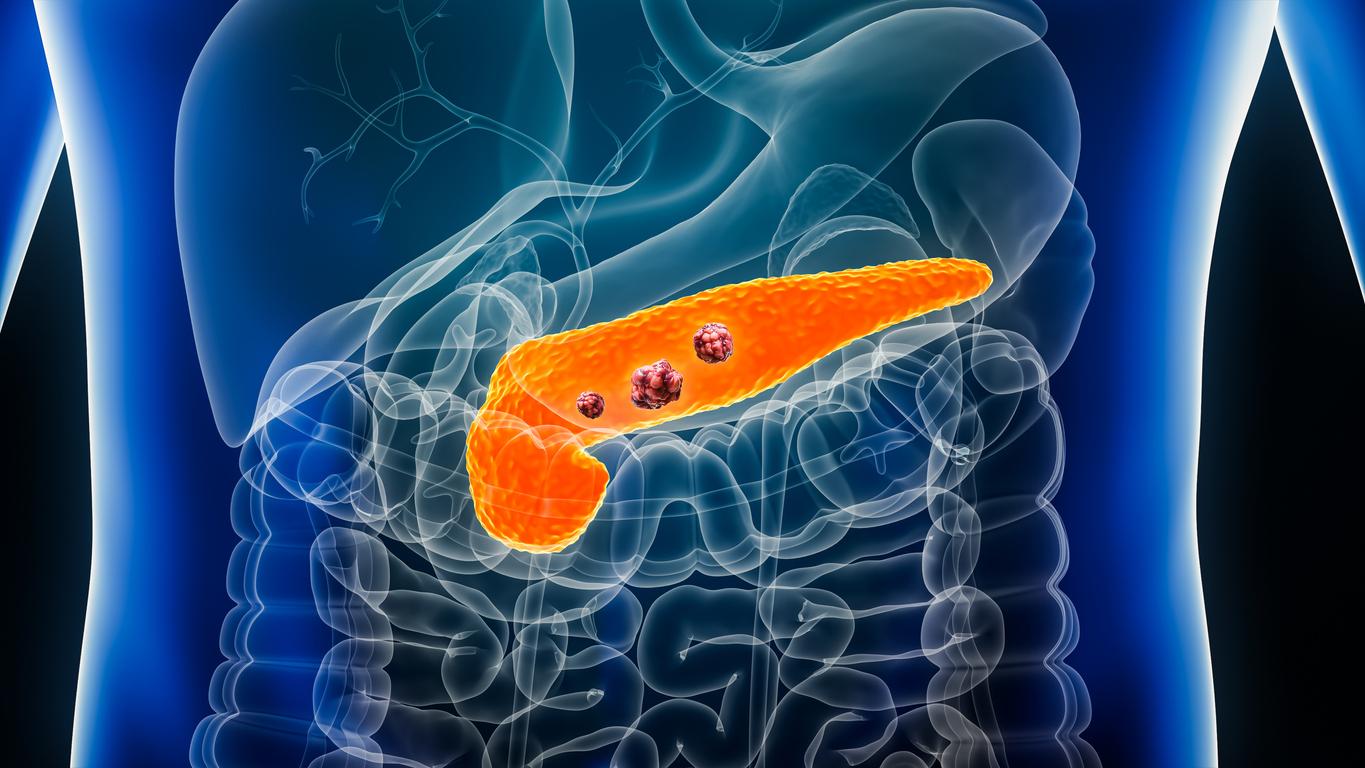While vitamin B6 can be beneficial when you are healthy, in cases of pancreatic cancer, it helps cells replicate.

- Vitamin B6, found in meat, fish or fruits and vegetables, plays a role in maintaining a strong immune system.
- In pancreatic cancer, cells grow more when they can consume additional vitamin B6.
- American researchers implemented a three-step strategy that reduced the number of pancreatic cancer cells in mice.
Chicken, lentils, banana, salmon, avocado, spinach… Vitamin B6, which is present in these foods, plays an essential role in many biological functions. However, when pancreatic cancer grows, its cells need vitamin B6 to replicate. This is what scientists from the University of Oklahoma Health Sciences Center (United States) recently showed in work published in the journal Cancer Discovery.
“Pancreatic cancer cells consume all the vitamin B6”
As part of this study, the researchers recalled the role of vitamin B6 in healthy people and in cases of pancreatic cancer. The latter supports cells of the immune system, including natural killer (NK) cells, which are the first to respond to any type of illness, from cancer to the common cold. However, in the presence of pancreatic cancer, NK cells are absent. In a laboratory experiment, the team found that administering more vitamin B6 did not help NK cells. “Pancreatic cancer cells consume all the vitamin B6, which NK cells need to do their job, and grow further.”
Pancreatic cancer: a three-step strategy to reduce the number of cancer cells
By analyzing the actions taken by cancer cells to deplete vitamin B6, the authors attempted to find a way to reverse this mechanism. The strategy they implemented is made up of three parts. The first step is to reduce the expression of a particular gene to block the pathway by which cancer absorbs vitamin B6. Next, more vitamin B6 needs to be provided and the final step uses therapy to improve NK cell function. After testing this method on mice, scientists observed a reduction in the number of pancreatic cancer cells.
Chemotherapy: “The immune system must be strong for treatments to be effective”
“Pancreatic cancer is a systemic disease. It doesn’t just sit there. It tries to extract nutrients from multiple areas to survive. That’s why it’s important to look broadly at how we can boost the immune system against tumors. (…) The immune system must be strong for other treatments, such as chemotherapy, to be effective. Therapy will not work if the immune system is not able to play its role.” has explained Kamiya Mehlaco-author of the work.
In their next research, the team will examine how vitamin B6 deficiency affects other organs, particularly the liver, when cancer cells are present. She will also study whether a lack of vitamin B6 contributes to the appearance of cachexia, namely a state of muscle wasting which affects the majority of people suffering from pancreatic cancer. “When patients have significant muscle loss, they are less likely to respond to treatment.”
















